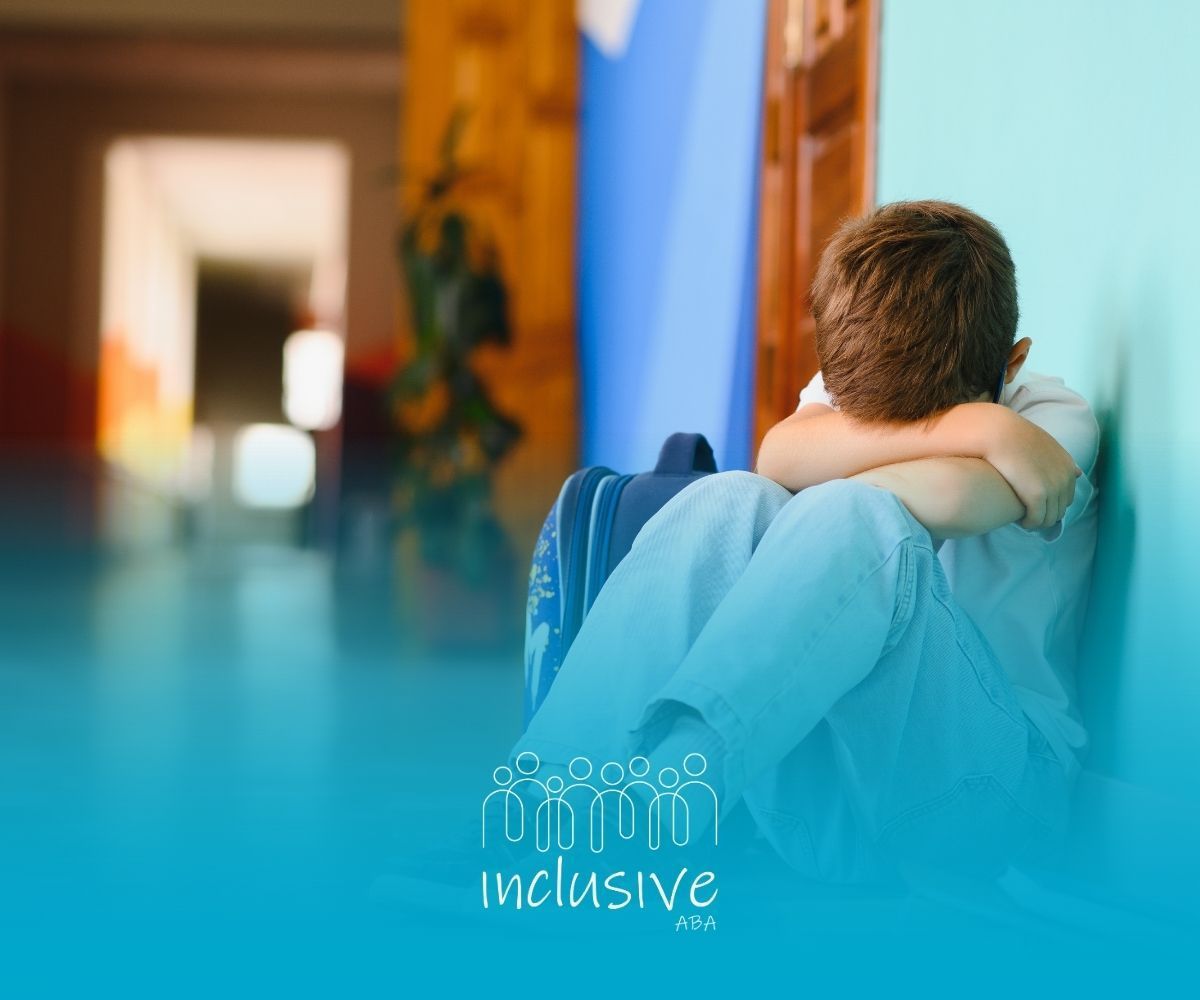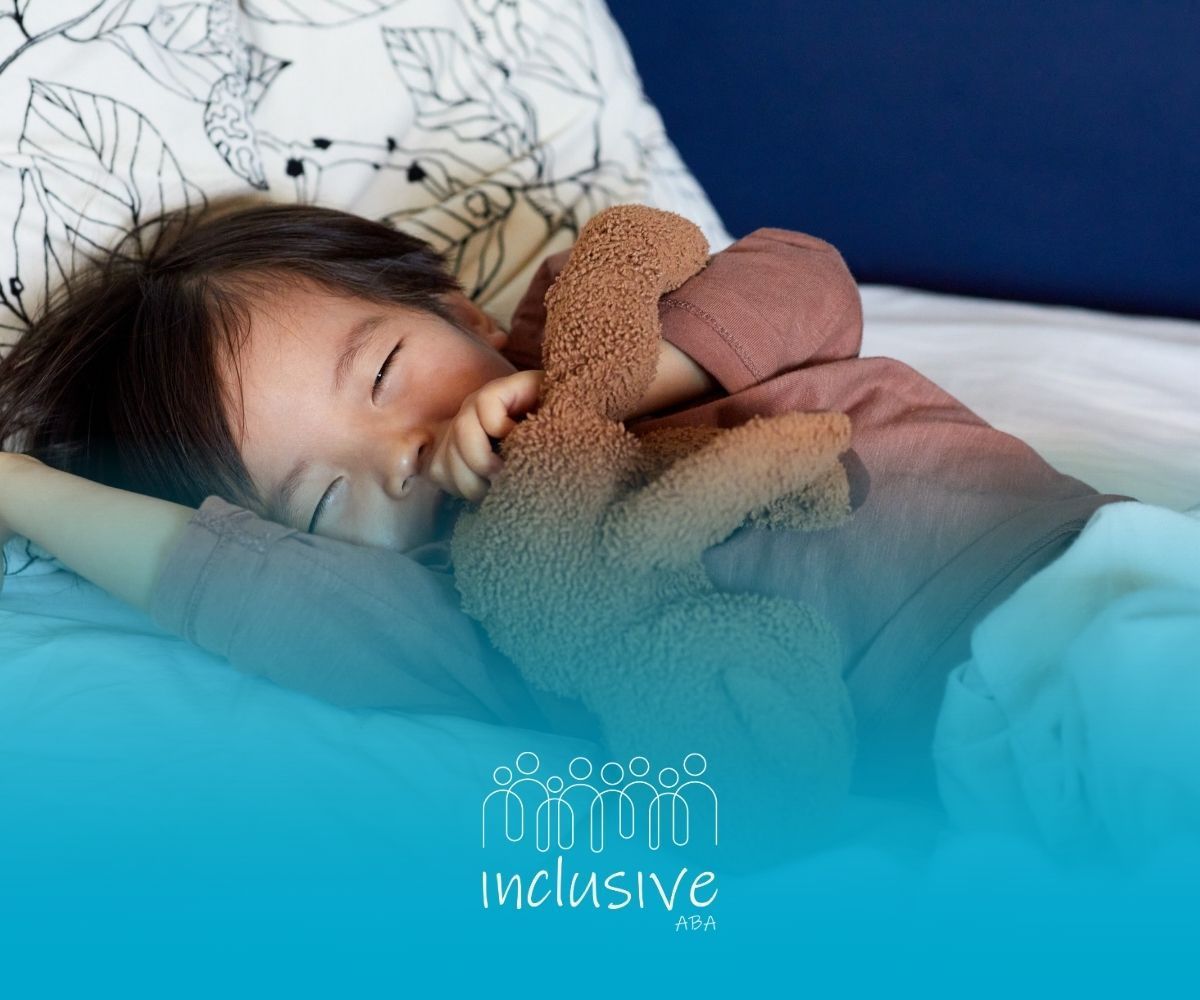Best Outdoor Toys for Autistic Kids
Key Highlights
- Outdoor toys offer autistic children vital sensory input and opportunities for development.
- Engaging in sensory play with the right toys can help improve sensory integration.
- Activities like jumping and balancing are excellent for building gross motor skills.
- Cooperative outdoor toys can significantly enhance social skills and communication.
- Choosing toys based on a child's unique interests promotes engagement and fun.
- Safe, durable toys provide peace of mind while supporting a child's growth.
When parents ask me how to support their autistic child’s development, one of my first recommendations is outdoor play. The natural world offers rich sensory experiences that can’t be replicated indoors, and the right toys turn those moments into learning opportunities.
I’ll never forget a young boy I worked with who struggled with balance. We started using stepping stones in his backyard, and within weeks of home-based ABA sessions, his confidence blossomed.
Not only did his balance improve, but he also began inventing games with his siblings—proof that play can build both skills and relationships.
Let’s explore 10 outdoor toys I often recommend to families—and why they work.
1. Sensory Swings for Soothing Motion
Sensory swings provide calming, rhythmic movement that helps children self-regulate. Many are cocoon-like, offering comfort and security. Always supervise and install securely.
2. Water Tables with Pouring and Scooping Features
Water tables are fantastic for tactile exploration. Pouring, scooping, and splashing build fine motor skills, hand-eye coordination, and concepts like “full” and “empty.”
3. Balance Stepping Stones for Gross Motor Skills
These colorful stones build balance, coordination, and core strength. They’re also versatile—you can create endless obstacle courses to keep play exciting.
4. Bubble Machines for Visual and Tactile Play
Bubbles fascinate kids! They support visual tracking, fine motor skills (popping), and even social skills through turn-taking and requests.
5. Outdoor Trampolines with Safety Nets
Trampolines provide powerful sensory input and a healthy energy outlet. Choose one with a sturdy frame, safety net, and padded springs for peace of mind.
6. Large Chalk Sets for Creative Expression
Chalk develops fine motor strength while sparking creativity. Kids can draw, practice letters, or create hopscotch games that blend art and movement.
7. Foam Pogo Jumpers for Safe Jumping
With their soft foam bases, these jumpers are safe, fun, and perfect for building balance, core strength, and coordination—without damaging floors or patios.
8. Pop-Up Tunnels and Play Tents
Tunnels and tents create personal retreats when sensory overload strikes. They also encourage imaginative play and crawling, which boosts motor planning.
9. Interactive Sand and Water Play Kits
Combining textures, these kits provide rich sensory input. Scooping, molding, and pouring build fine motor skills and teach cause-and-effect.
10. Cooperative Parachute Games for Group Play
Parachute games are perfect for teamwork. They build social skills, non-verbal communication, and cooperation while making group play inclusive and fun.
Key Benefits of Outdoor Play for Autistic Children
Supporting Sensory Integration and Self-Regulation
Outdoor play naturally engages all the senses. Toys like swings and water tables provide predictable input, helping children feel calm and regulated.
Building Social and Communication Skills Through Shared Play
Cooperative toys—like parachutes—encourage teamwork, turn-taking, and connection in a low-pressure environment, making social practice more enjoyable.
Enhancing Motor Skills and Physical Development
From jumping on trampolines to drawing with chalk, outdoor toys build both gross and fine motor skills. These improvements support independence and confidence.
Conclusion
Outdoor toys can do so much more than keep kids busy—they can transform play into powerful opportunities for growth. Whether it’s a swing for calming motion or a parachute for teamwork, each toy offers a way to support sensory integration, motor development, and social skills.
As I always advise families: choose toys that match your child’s interests and needs. That’s when playtime becomes meaningful and joyful.
At Inclusive ABA, we’re passionate about turning everyday moments into opportunities for growth. We proudly provide:
We also offer flexible support such as home-based ABA therapy, school-based ABA, and ABA parent training.
Ready to help your child thrive through play and therapy? Contact us today and let’s build a plan together.
FAQs
What should I consider when choosing outdoor toys for my autistic child?
Match the toy to your child’s sensory needs, safety requirements, and interests. Durability is also key for long-term use.
Are there outdoor toys that help autistic children relax and self-regulate?
Yes—sensory swings, water tables, and pop-up tents provide calming input that helps children regulate when overwhelmed.
Which outdoor toys are recommended by occupational therapists?
Balance stepping stones, trampolines, bubble machines, and chalk are frequently recommended for developing coordination, strength, and sensory processing.
Looking for Expert Help? We're Here for You!
Our compassionate and skilled team is devoted to enhancing your child's development through customized ABA therapy. Let us partner with you to create a supportive environment for your child's success.
Discover how we can help your family thrive with expert ABA therapy.
Related Posts







